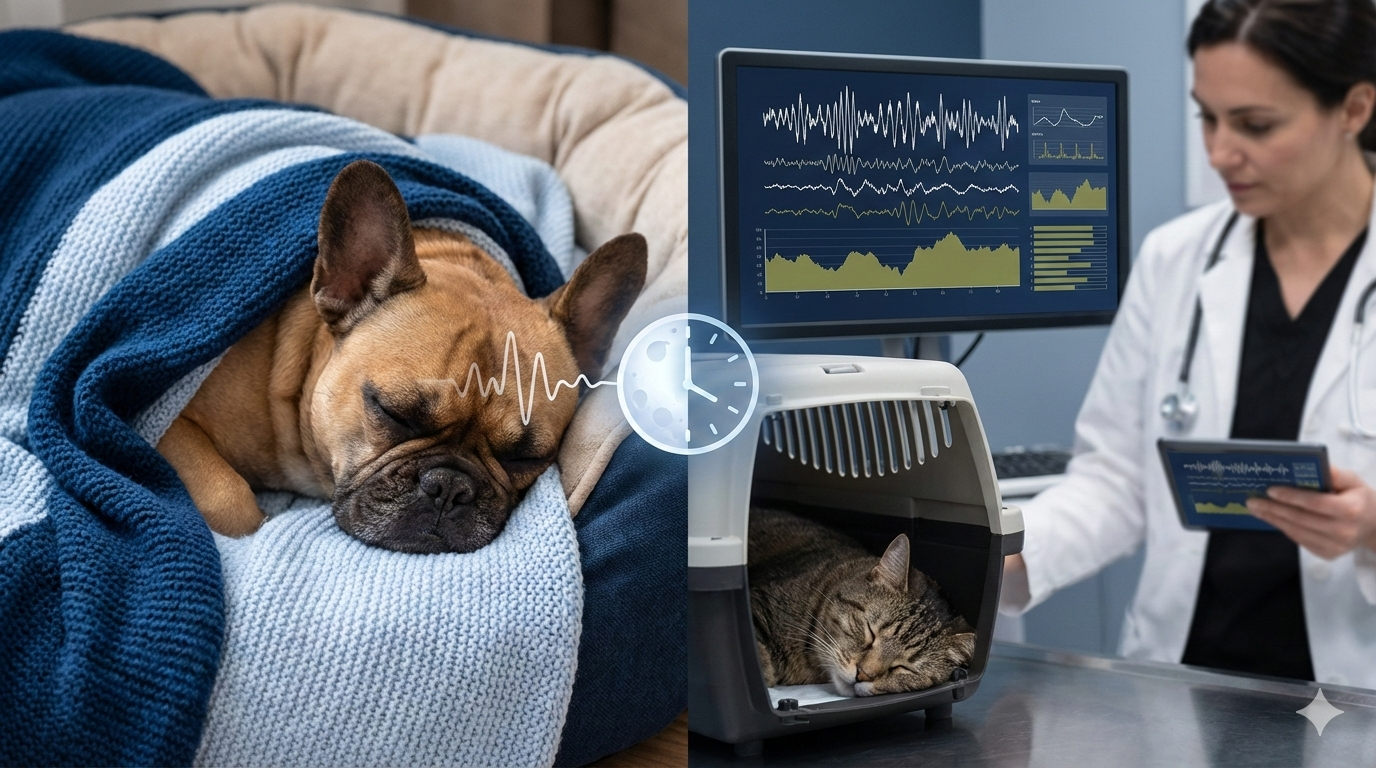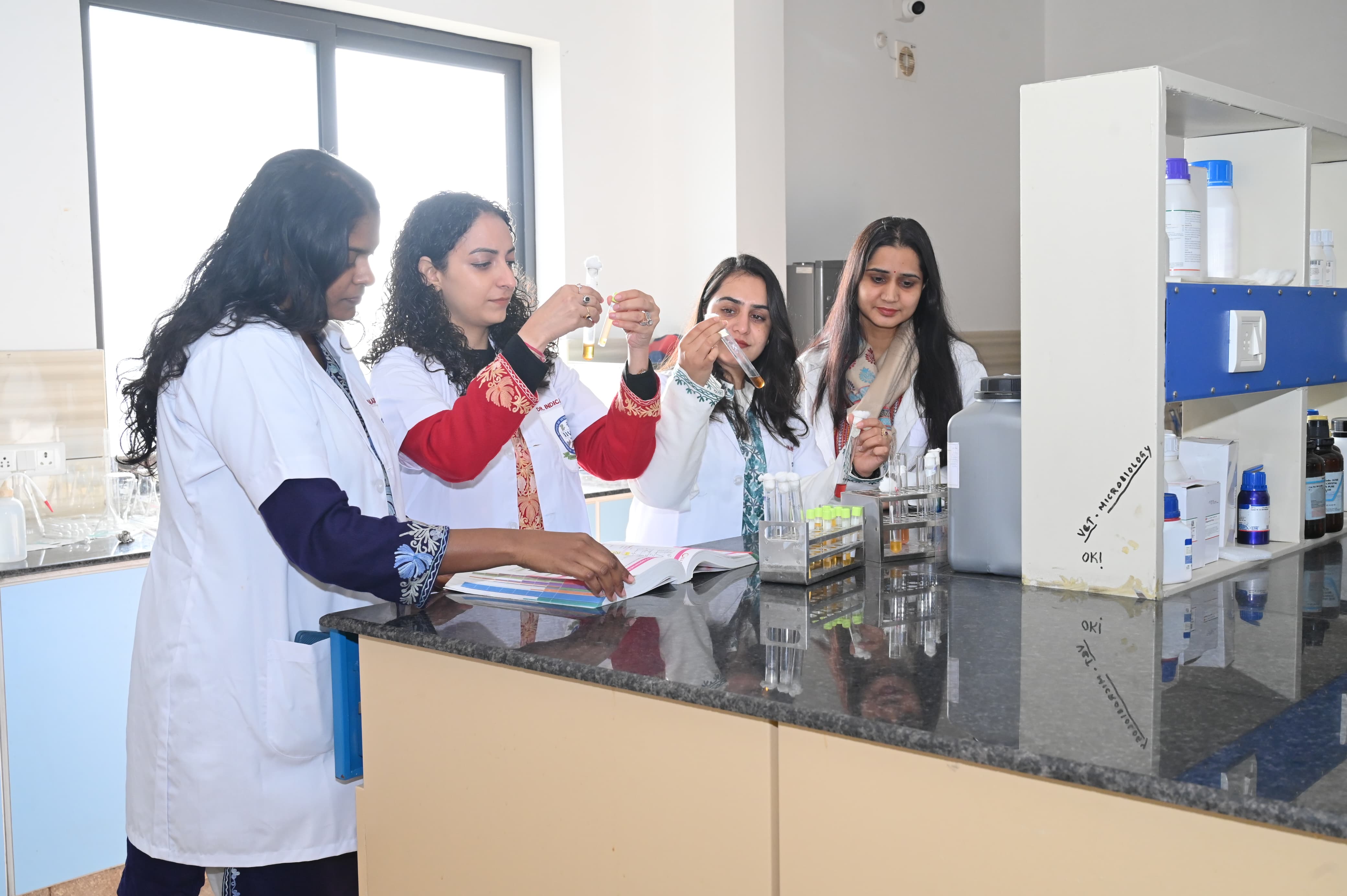The ideal identity of a successful veterinarian includes both technical and soft skills. Technical skills involve performing surgeries, providing consultations on animal nutrition, and caring for animals. Soft skills, such as communication, assurance, and empathy, are equally important for building trust with animals and their owners.
The International Institute of Veterinary Education and Research recognizes the significance of a well-rounded veterinarian. To achieve this, they offer extracurricular activities like workshops that help budding veterinarians develop communication, teamwork, and critical thinking skills, which are essential for thriving in stressful conditions.
Understanding Soft Skills in Veterinary Practice
Soft skills are personal attributes that influence how you interact and build relationships with others. In veterinary science, where you deal with animals and their owners, the following interpersonal skills are crucial for success:
- Communication: This goes beyond just explaining medical terms. It involves actively listening to the owner's concerns, helping them understand the medical condition and treatments, and fostering open communication throughout the animal's treatment journey.
- Empathy: Veterinary professionals witness animal suffering and owner anxieties. Empathy allows them to connect with clients on an emotional level, providing comfort and support during difficult times.
- Teamwork: Veterinary clinics function best as a cohesive unit. Teamwork ensures smooth information sharing, efficient task completion, and better patient care.
- Problem-Solving: Veterinary medicine is rarely straightforward. Strong problem-solving skills enable veterinarians to analyze symptoms, consider various possibilities, and reach accurate diagnoses.
- Leadership: Veterinary teams often look to their leaders for guidance and motivation. Effective leadership fosters a positive work environment, inspires staff to perform their best, and ensures the clinic operates efficiently.
Importance of Soft Skills in Veterinary Practice
Better patient care and owner relationship
Building a proper professional relationship with pet owners is crucial. Strong communication, patience, active listening, and empathy towards their concerns are important. Explaining diagnoses clearly and in a way they can understand, and assuring them during treatment, are essential for overall patient care.
Improved Teamwork and Collaboration
Effective communication and an optimistic attitude among colleagues are key to achieving success in the workplace. This includes being kind to each other, conveying your message without offending anyone, and maintaining a healthy environment. These behaviors will increase respect for you among your colleagues. Some people mean well, but their delivery can come off as odd. Therefore, it's important to understand the value of communication and professional conversation.
Boosted personal and professional development
A well-maintained schedule with discipline is essential for personal growth. This can be achieved by developing soft skills such as time management, resilience, and adaptability to the constantly changing market and trends in the veterinary world. This not only makes life easier but also provides an opportunity to evolve your personality and helps you overcome stress.
IIVER soft skills development programs
CCA Classes
Every week, students have an extracurricular class included in their course. This class is designed to improve soft skills and make upcoming veterinarians presentable. Students participate in activities such as speeches and group discussions. These activities are conducted in a friendly manner to keep the environment light, allowing students to feel comfortable expressing themselves. Providing a safe space to speak up is important, as many people struggle with stage fright. Students from diverse ethnicities and cultures across the country are surprisingly supportive of their peers during these sessions.
The main goal of these classes is to enhance students' personalities. Guest lecturers are also invited. Additionally, email writing, informal and formal application writing, and various writing skills are developed.
Event Management
IIVER conducts many events, seminars, and workshops. These are carried on by students, who are given multiple responsibilities according to their interests and capabilities.
- Anchors
Students with confidence and interest in public speaking are encouraged to host events. This helps them showcase their speaking skills to the whole college and the guest of honor. It also improves their teamwork and collaboration skills, as they must coordinate with their co-host to ensure the event runs smoothly.
- Management crew
These are the Avengers of the events, who manage the schedule and the placement of students, staff, and guests. They also maintain proper discipline and handle extra duties such as refreshment and prize-giving ceremonies. This helps develop their event management and organizational skills while fostering a sense of responsibility.
- Social media managers
IIVER also involves students in managing the college's social media and website. This helps students develop various soft skills, including teamwork, communication, and speaking and writing skills. They also learn how to use the latest software, such as Canva and Chat-GPT.
In Conclusion
Soft skills are essential for veterinary professionals, alongside technical skills. Proper communication, teamwork, and empathy are fundamental for a successful veterinarian to provide exceptional patient care, build trust with clients, and maintain a positive work environment.
IIVER's soft skills development program, including workshops on communication and leadership, equips students with the tools they need to excel in their careers. By investing in professional development, veterinarians can ensure they are well-prepared for the profession's demands.
The future of veterinary practice requires a well-rounded skill set that goes beyond technical knowledge. IIVER's commitment to developing both technical and soft skills positions its graduates for success in a profession that increasingly values compassionate and effective communication alongside clinical expertise.







